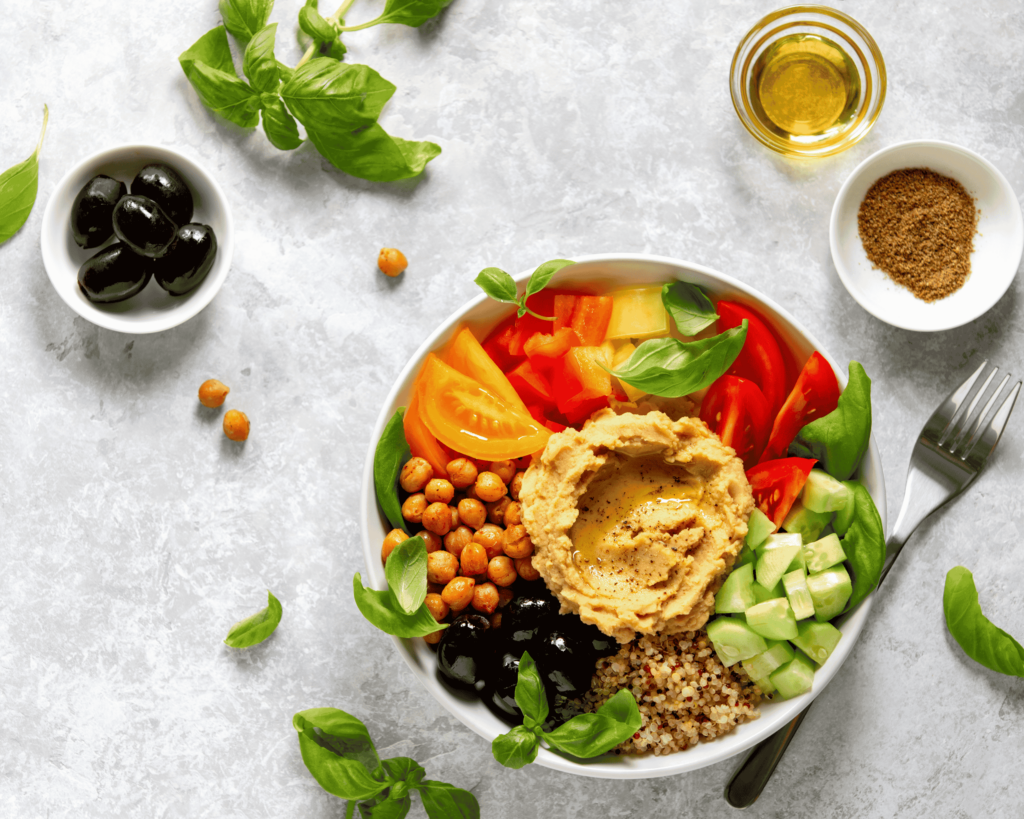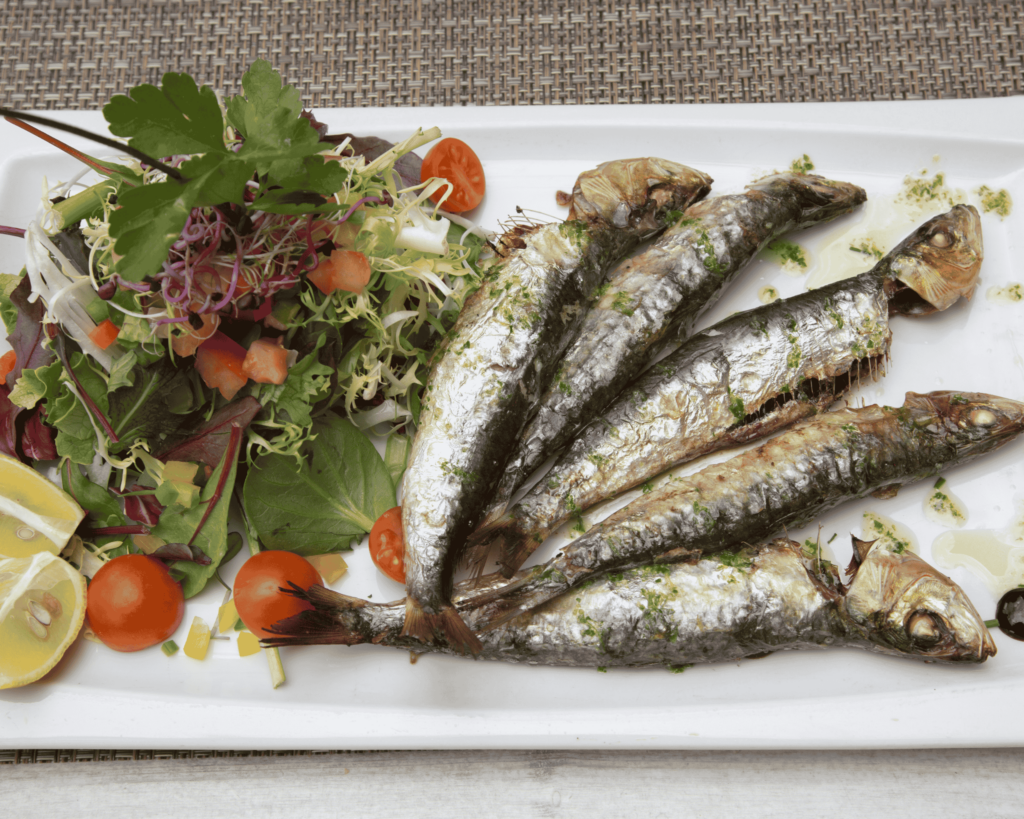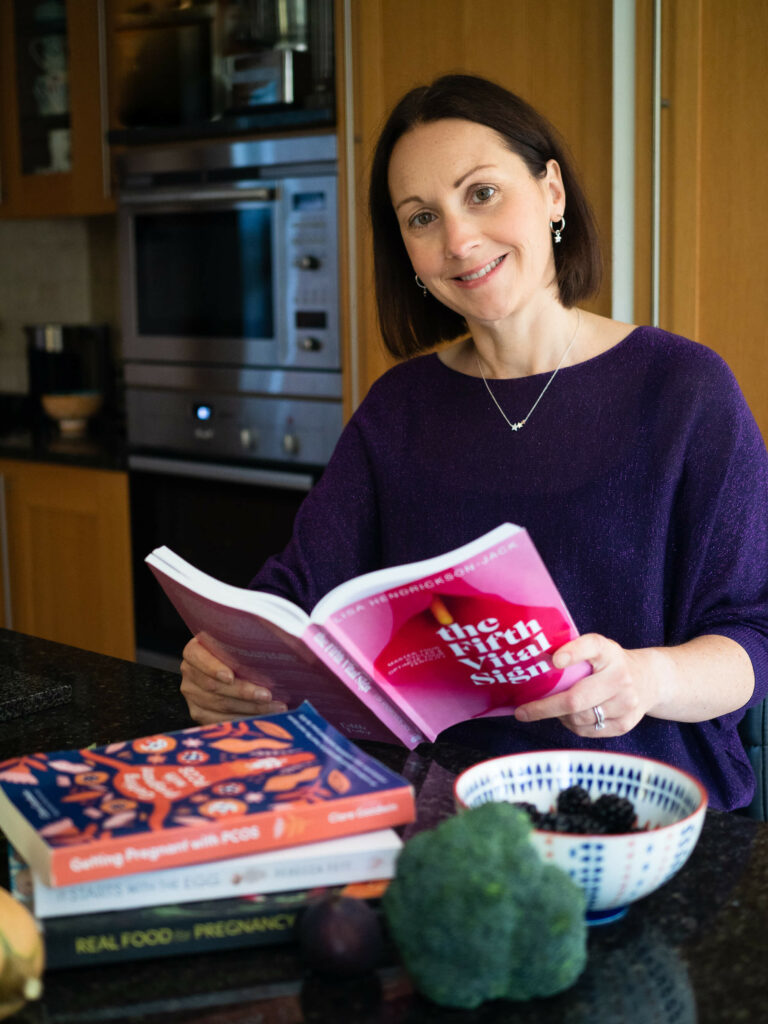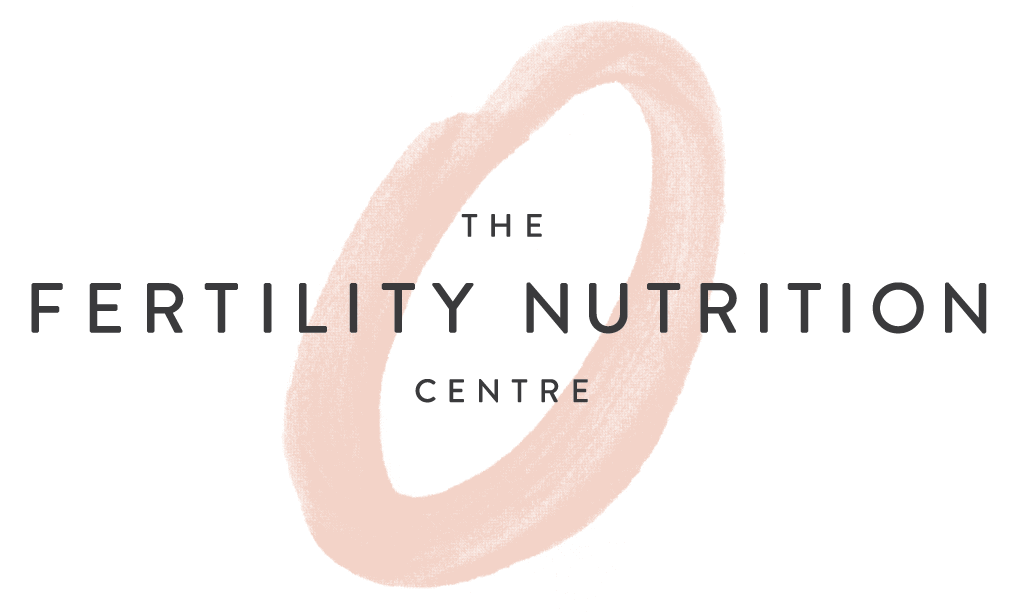
How the Mediterranean Diet Enhances Fertility: A Nutritional Guide for Couples Trying to Conceive by Julia Young
When it comes to boosting fertility, the role of nutrition cannot be overstated. As couples embark on their journey to conceive, the choices they make in their diet can significantly impact their chances of success. The Mediterranean diet is one dietary pattern that stands out for its fertility-enhancing properties. But what exactly makes this diet so beneficial, and how can you incorporate it into your daily life? Let’s dive into the key elements of the Mediterranean diet and how it can support your reproductive health.
Understanding the Mediterranean Diet

The Mediterranean diet is not just a diet but a lifestyle that has been celebrated for its numerous health benefits, including heart health, weight management, and now, fertility. Unlike many other diets, the Mediterranean approach is flexible. In some ways, that’s why I don’t even like to refer to it as a ‘diet’ as the word carries messages of restriction or cutting back when eating the Mediterranean way is nourishing and abundant. The Mediterranean diet includes a wide range of foods and emphasises the importance of enjoying meals in a social setting.
This diet is rich in:
- Vegetables and Fruits: These are the cornerstone of the Mediterranean diet, offering a variety of vitamins, minerals, and antioxidants essential for egg and sperm health.
- Whole Grains: Foods like brown rice, quinoa, and wholegrain bread provide complex carbohydrates that are digested slowly, helping to maintain stable blood sugar levels—crucial for hormone balance.
- Healthy Fats: Olive oil, nuts, seeds, and oily fish are abundant in this diet, supplying essential fatty acids like Omega-3s, which are vital for hormone regulation and reducing inflammation.
- Lean Proteins: The diet emphasises fish, poultry, legumes, and eggs, offering high-quality proteins that support the production of reproductive hormones.
Why the Mediterranean Diet is Fertility-Friendly

Several aspects of the Mediterranean diet make it particularly beneficial for couples trying to conceive:
- Supports Healthy Weight: Maintaining a healthy weight is essential for fertility, and the Mediterranean diet’s focus on nutrient-dense, whole foods can help manage weight effectively without the need for calorie counting or extreme restrictions.
- Anti-Inflammatory Properties: Chronic inflammation is a known factor that can negatively impact fertility. The Mediterranean diet, with its high intake of fruits, vegetables, and healthy fats, helps reduce inflammation throughout the body, creating a more favourable environment for conception.
- Rich in Antioxidants: This diet is loaded with antioxidants from a variety of plant-based foods. Antioxidants help combat oxidative stress, which can damage cells, including sperm and eggs. By protecting these cells, the Mediterranean diet helps maintain their quality and function.
- Balanced Blood Sugar Levels: The emphasis on whole grains and low-glycemic index foods helps keep blood sugar levels stable. This is crucial because unbalanced blood sugar can lead to insulin resistance, which can disrupt hormone levels and ovulation, making conception more difficult.
How to Incorporate the Mediterranean Diet into Your Life

Transitioning to a Mediterranean-style way of eating doesn’t have to be overwhelming. Here are some simple steps to get started:
- Focus on Vegetables: Make vegetables the star of your plate. At each meal, aim for half of your plate to be filled with various colourful vegetables.
- Choose Whole Grains: Swap out refined grains like white bread and pasta for whole grains like brown rice, quinoa, and wholegrain bread.
- Include Healthy Fats: Drizzle a thumb-sized amount of extra virgin olive oil over foods, and add nuts, seeds, and avocados into your meals. Incorporate anti-inflammatory fats into your cooking – swapping out any seed oils, which can be inflammatory, for a good quality olive oil. You can also use coconut oil, butter or ghee for cooking.
- Prioritise Lean Proteins: Include fish, especially oily fish like salmon, sardines and mackerel, as a regular part of your diet. Also, include plant-based proteins like beans and lentils.
- Limit Red Meat and Sweets: Enjoy red meat and sweets in moderation, focusing on leaner meats like poultry and healthier dessert options such as fruit.
The Social Aspect of the Mediterranean Diet

One unique aspect of the Mediterranean diet is the emphasis on enjoying meals in a social setting. Eating together, savouring food, and reducing mealtime stress can all positively impact digestion and nutrient absorption, further supporting fertility. And how to do this in practice? Start by making mealtimes an opportunity to connect with loved ones, whether that means setting aside time for family dinners, prepping ahead to reduce laborious cooking time, or simply turning off distractions like phones and TVs during meals. By creating a relaxed and communal dining environment, you can enhance not only the nutritional benefits of your meals but also the overall joy and mindfulness of eating, which are integral to the healthful Mediterranean lifestyle.
In conclusion, the Mediterranean diet offers a holistic approach to nutrition that not only supports overall health but also enhances fertility.
By focusing on whole, unprocessed foods rich in antioxidants, healthy fats, and fibre, you can truly set the stage for a fertile foundation and conception. As you embark on your fertility journey, consider adopting the Mediterranean way of eating—not just as a diet, but as a lifestyle that can support your long-term health and fertility goals.
This blog post is written by Julia Young, a BANT Registered Nutritional Therapist specializing in fertility for couples. Having overcome her own fertility struggles, including PCOS and amenorrhea, Julia is passionate about helping others achieve their dream of parenthood. She offers personalized nutrition and lifestyle support, focusing on uncovering the root causes of fertility challenges. With a special interest in IVF preparation, PCOS, and secondary infertility, Julia empowers her clients with evidence-based strategies to support conception and a healthy pregnancy.
Listen to: How to get pregnant with PCOS with Julia Young
Listen to: What I would like to tell my younger self about infertility with Julia Young
Download: Julia’s new FREE PCOS and fertility Guide here
Follow: Julia on Instagram here
Discover: Julia’s website here

Don’t forget to follow our Instagram page for more fertility nutrition tips from our team of certified practitioners.
Or click here, and head to our directory to book a free introductory chat with a team member.




